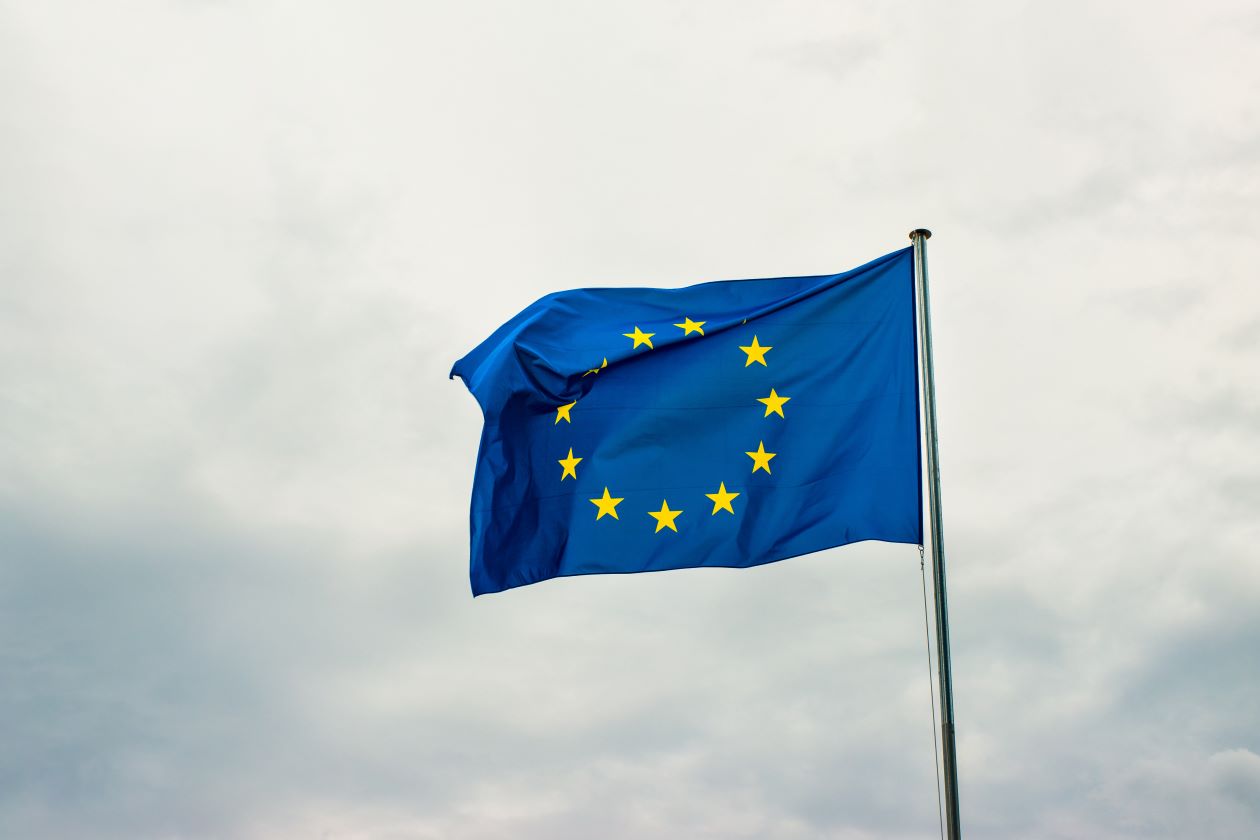How to use GDPR to strengthen your customer relationship and optimize engagement?
The GDPR (General Data Protection Regulation) comes into force on May 25 and will change the customer relationship. At D-37, the majority of French companies (between 50 to 70% according to the various estimates of consulting firms) have not yet started their implementation.
This regulation is based on three founding principles:
- “accountability”: responsibility;
- “privacy by design”: the integration of privacy protection by design;
- “privacy by default”: guaranteeing the highest level of privacy by default.
Due to the profound changes that these bring about within companies, the GDPR is seen as a constraint by many managers. However, this European regulation and the changes that accompany it have a lot to contribute to the strategies carried out by companies.
GDPR: an opportunity to improve the customer relationship
The GDPR is intended to encourage companies to secure user data and to offer them the right to inspect the information collected. Thus, each company will have to make a commitment on the processing of data to reassure its users and guarantee them control: they will know what data is concerned, where it is stored, how and for what purpose it is used.
Thus, the GDPR is an opportunity for companies that want to consolidate the trust of their customers: now, the key word in customer relations is transparency.
The GDPR at the service of a more qualified marketing
With the implementation of the principle of consent, users will have to give their consent “in a free, specific, informed and unequivocal manner” concerning the processing of their personal data. In fact, the data collected will be less numerous but more qualitative, and therefore more qualified. If the companies will address a smaller audience, what they will lose in quantity will then be compensated by a stronger interest, therefore by a multiplied engagement rate.
Via the quality of the data, the GDPR will then make it possible to put in place optimal strategies: the profiles defined will be more precise and the companies will be able to address them with more relevance, in particular by favoring the preferential channels of the users.
They will nevertheless have to be creative and innovative in order to reach their target in a convincing way to better hold the attention of their users via a new experience, and thus to retain them.
With an imminent deadline, companies must become aware of the challenges, but also of the advantages of the GDPR. If this is still perceived as a constraint, it should be thought of more as an opportunity. It will indeed consolidate the customer relationship, improve marketing strategies, but also push companies to stand out to engage their target via a differentiating user experience.








